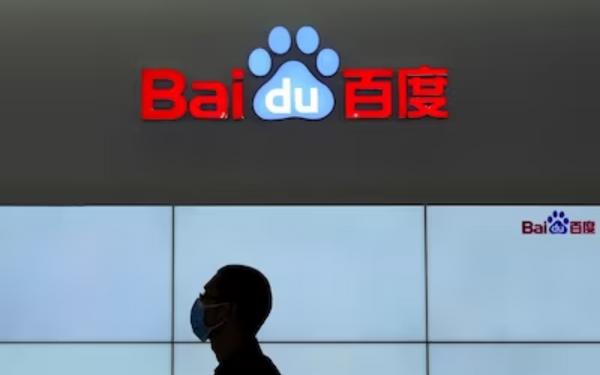Baidu, China’s most popular search engine and creator of the robotaxi, is reportedly developing a product similar to ChatGPT. On Monday, Baidu’s stock price hit its highest point since September.
A Baidu representative has remained silent about the rumours. It shouldn’t come as a surprise, though, that Baidu, which positions itself as China’s artificial intelligence field’s pioneer, would take the initiative to create the Chinese counterpart of today’s most sophisticated chatbot. The tool’s efficacy and scope of use are open questions.
Digital sovereignty, the concept that a country may determine its own “digital destiny,” has been a major factor in China’s technological progress in recent years. This concept can encompass autonomy in key software and hardware in the AI supply chain. Beijing’s repeated calls for technological autonomy in fields ranging from semiconductors to fundamental AI research have been fueled by repeated U.S. export sanctions on China.
China’s IT executives and officials are probably wondering how AI may be utilised to boost productivity in their country after seeing OpenAI’s ChatGPT and seeing its potential to disrupt industries ranging from education and journalism to the service industry. China is keen on developing its own ChatGPTs for a variety of reasons, including regulating the flow of information and enabling the development of AI that can comprehend and respond to local customs and governmental structures.
According to The Wall Street Journal, Baidu’s chatbot won’t be available to the public until March, when it will be introduced with the company’s search engine. That indicates the majority of responses from the chatbot will be in Chinese. However, the deep learning model is trained on data from both China and the rest of the world, including data collected from beyond the Great Firewall.
Now we come to the intriguing part. The Baidu chatbot, like other forms of media in China, will be subject to censorship by the government. We previously reported that the company’s text-to-image tool, ERNIE-VilG, automatically ignores politically charged queries. How will Baidu balance restraining its bot with censorship and giving it enough freedom to be creative? Conversational AI can answer far more sophisticated enquiries than picture producers.
The underlying algorithms are also crucial to the success of machine learning. The Wall Street Journal reports that Baidu used an algorithm similar to that which powers ChatGPT, which was created by Google in 2017 and made publicly available. But it’s probable that the chatbot’s foundation is comprised of a number of other proprietary algorithms that Baidu has either purchased or created.
In addition to software, hardware also plays a crucial role in training deep neural networks. The loss of access to cutting-edge semiconductors used in China’s supercomputers and massive data centres is a major danger to the country’s artificial intelligence (AI) sector in the wake of U.S. chip sanctions on the country.
However, as we noted, Baidu thinks the chip prohibition has “minimal” effects on its AI business. The corporation “already had enough [chips] in hand” to meet its immediate needs. To power future high-performance computing, Baidu will rely on its in-house created Kunlun AI chip. Instead of relying solely on technology, it might focus on making its algorithms more effective.

Subtly charming pop culture geek. Amateur analyst. Freelance tv buff. Coffee lover
